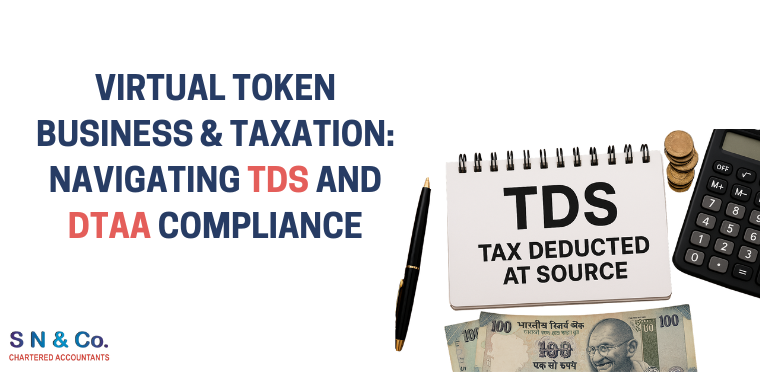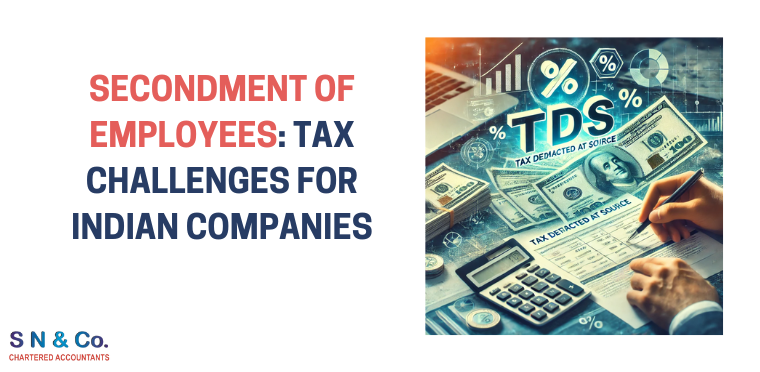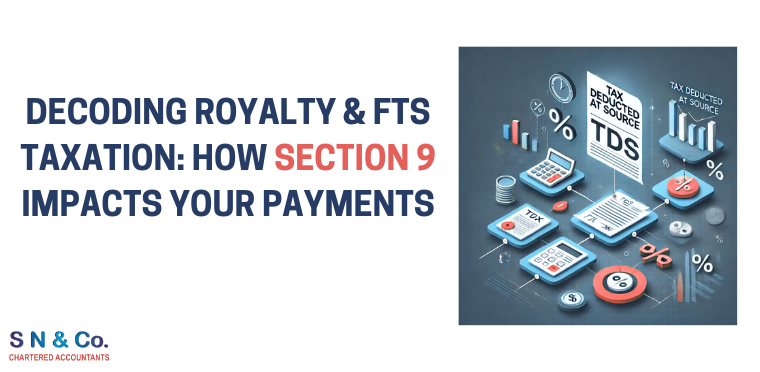NRIs: Do Gifted, Inherited, or Reinvested Shares Still Get the Forex Tax Benefit?
Yes — and here’s how it works. Many NRIs wonder if they can still claim the foreign currency capital gains benefit under Section 48 when: 1. Shares Are Gifted or Inherited Absolutely — if the original purchase was made using foreign exchange. Bottom line: The benefit follows the asset — not the person. 2. Gains…











